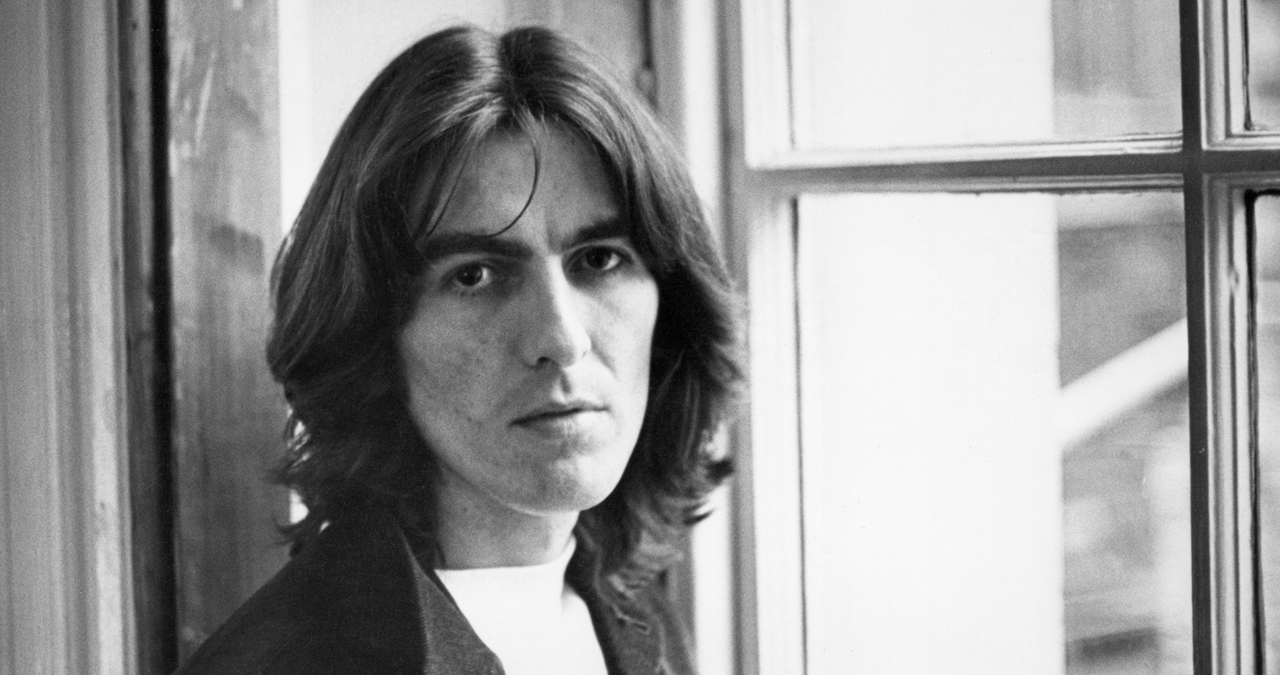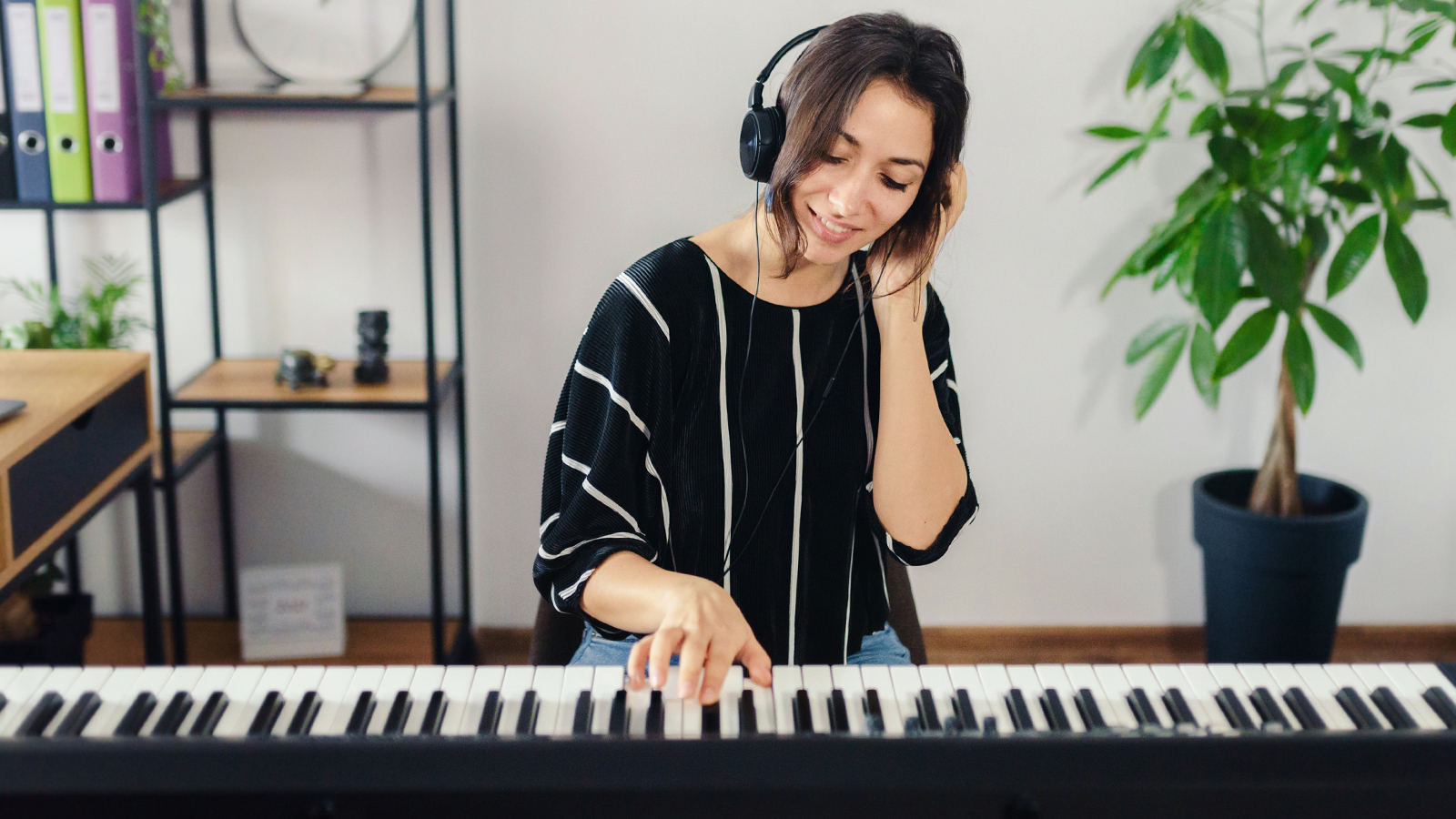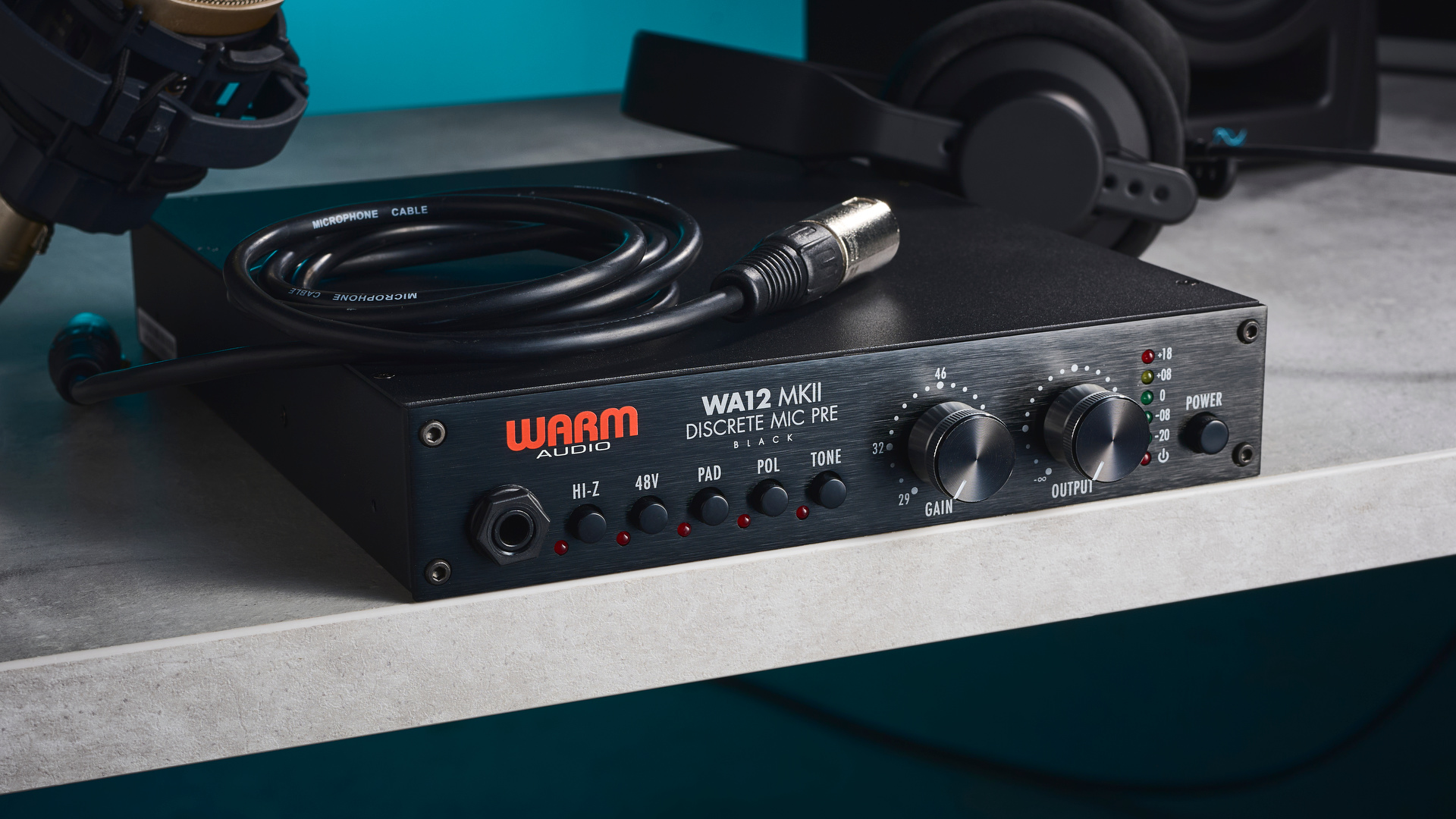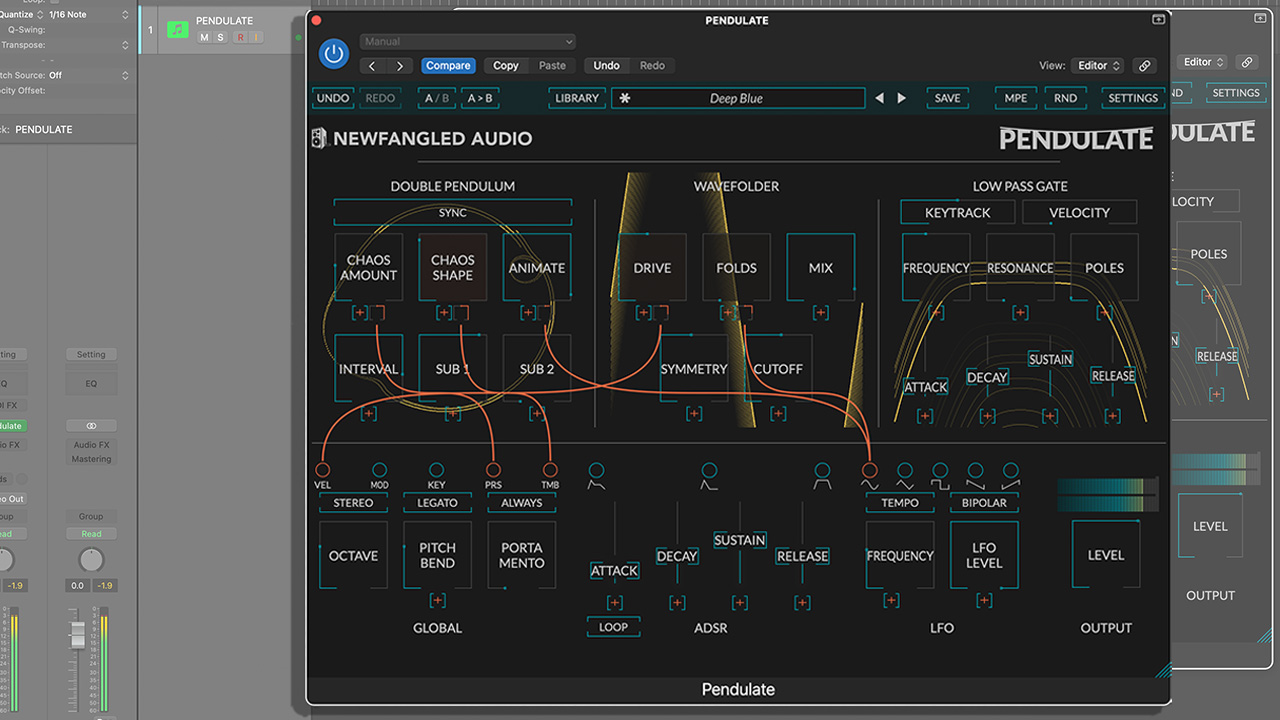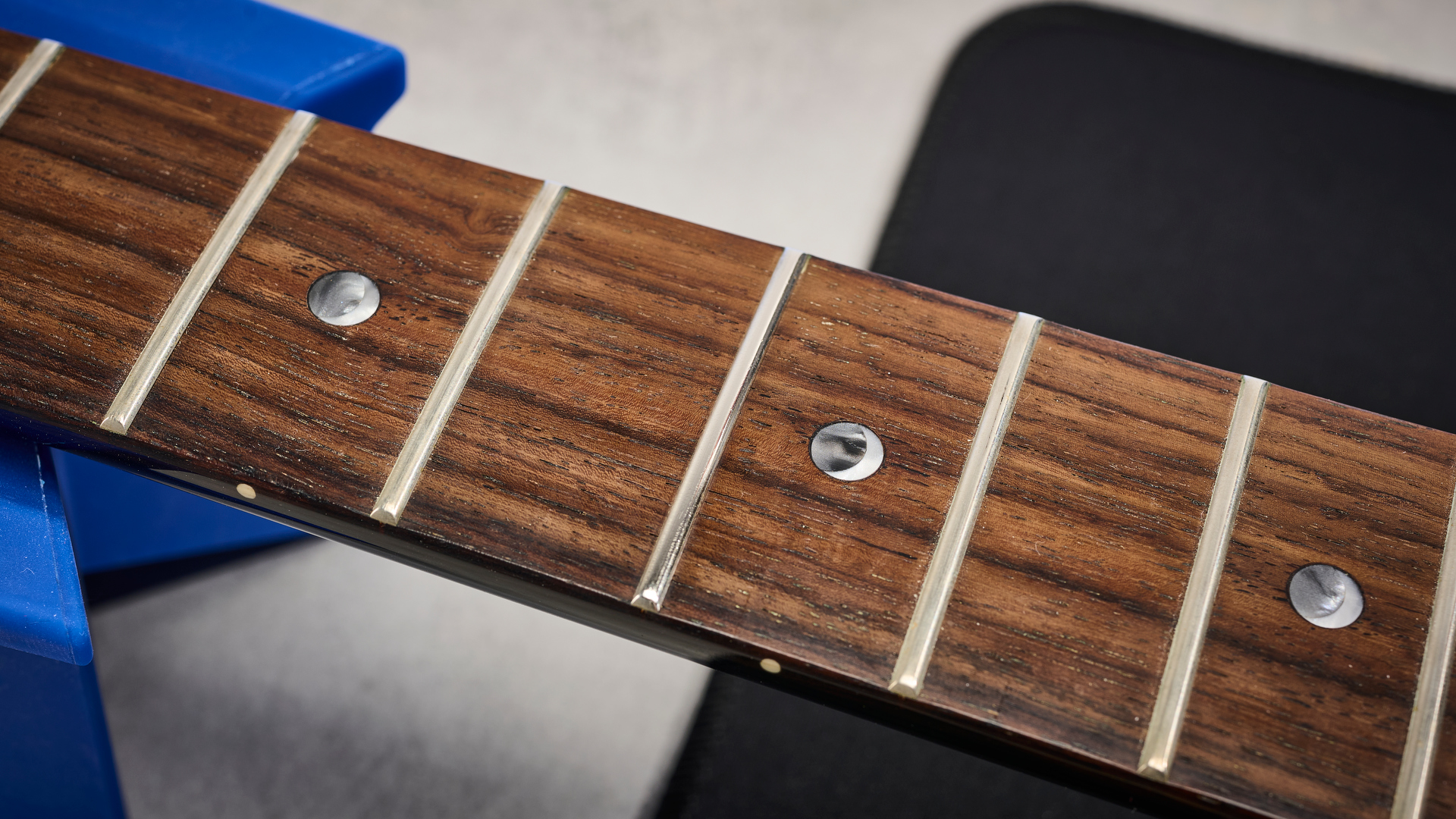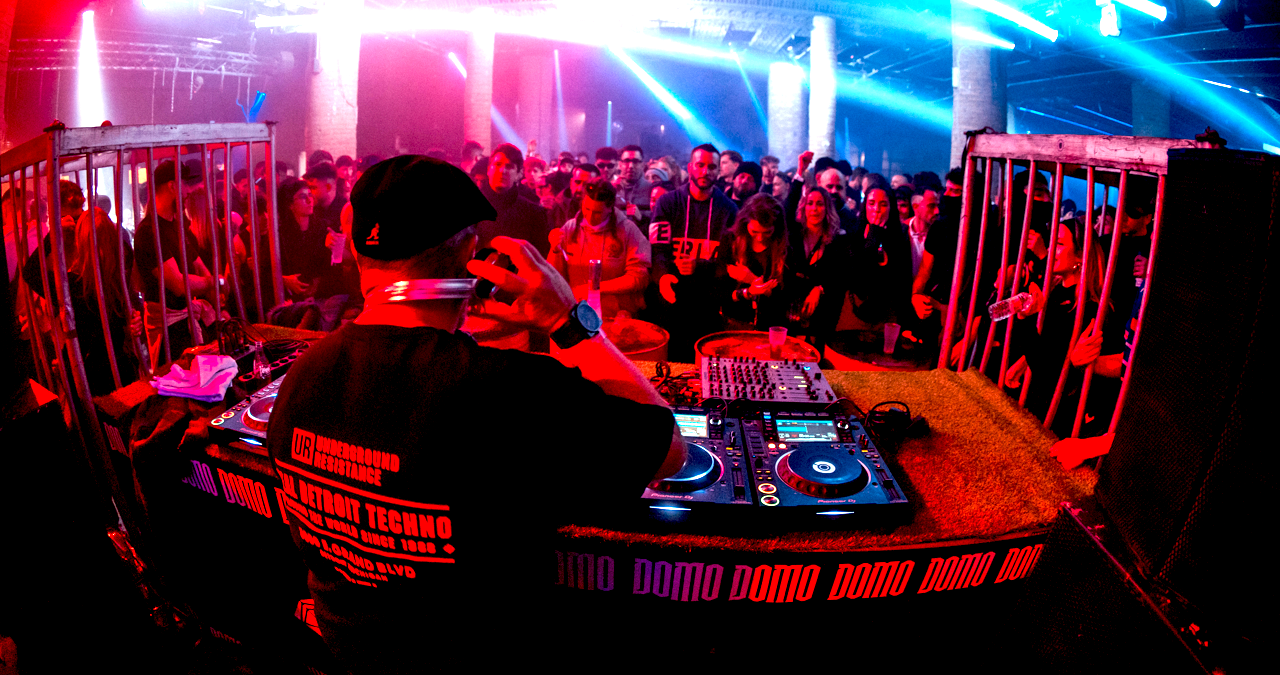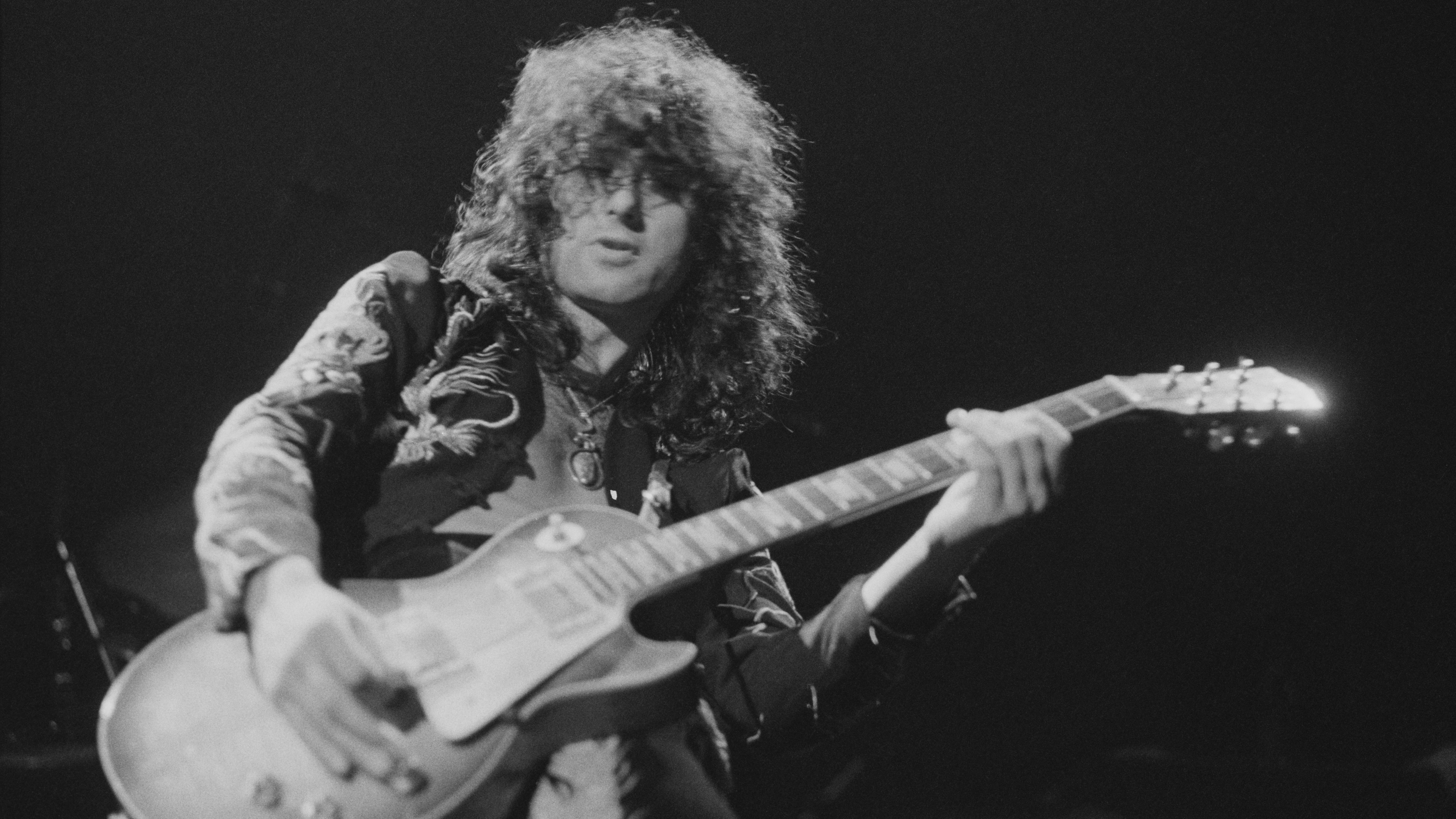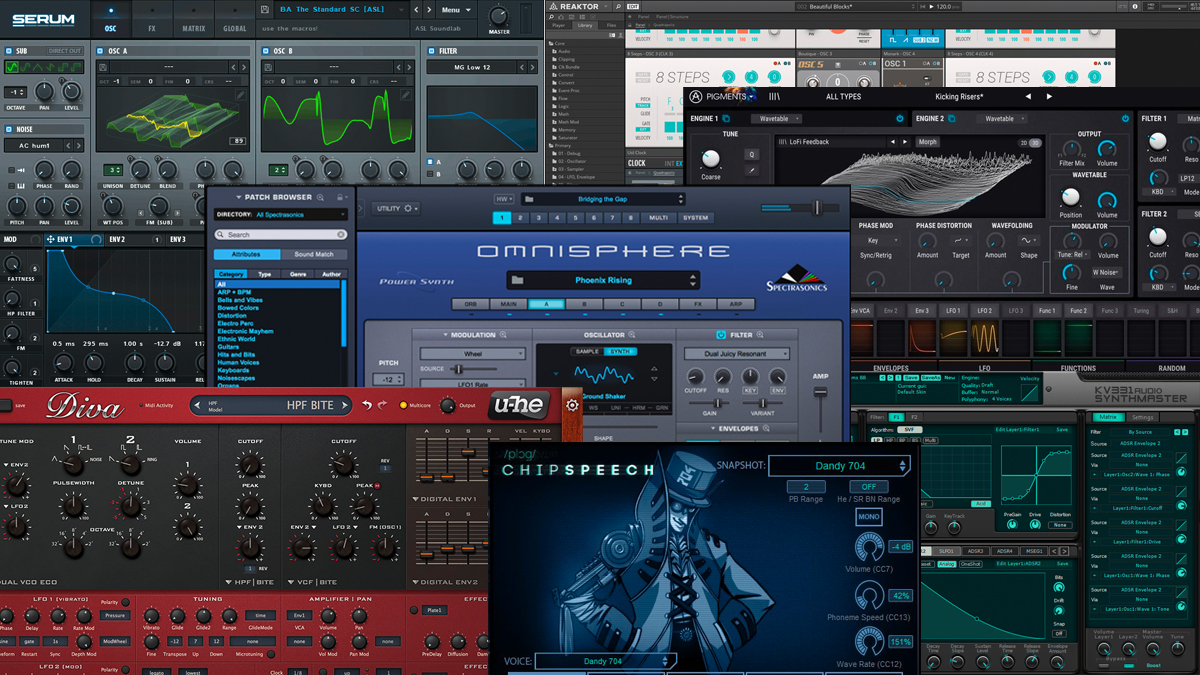How to create a hi-tech live performance setup
Things to think about when you're going from studio to stage
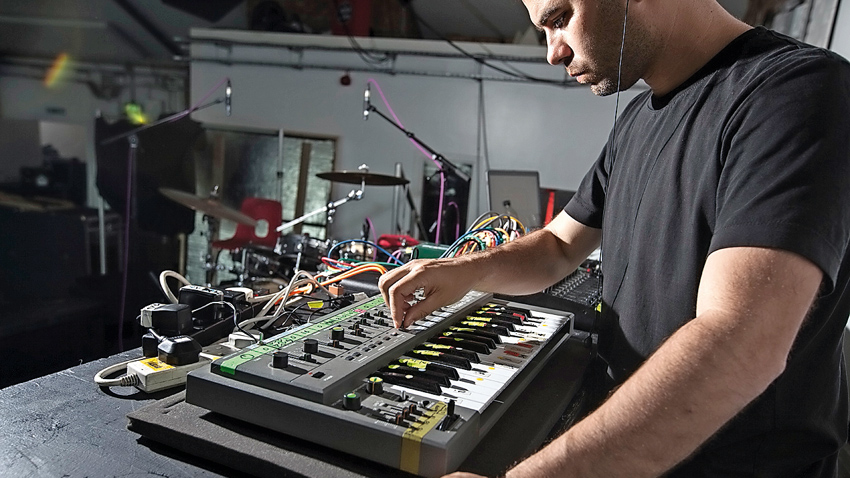
There's lots to consider when taking your tunes out live, and it can initially seem daunting. There are so many different ways to approach translating DAW-produced music into a live hardware-based scenario - with or without a computer.
If you are considering changing/tweaking your setup and are going to be taking your music out live, consider both how your gear might work for you in the studio and also in a live capacity, either on its own or with a band.
For example, if you can have one set of equipment that works for both studio productions and gigs, you could end up saving yourself a lot of cash; but, on the other hand, you might not want to take your studio kit out live in case it gets damaged.
When choosing a hardware setup that you want to work in the studio but with live gigs also in mind, always choose gear that's sturdily built, as flimsy kit doesn't hold up well to the rigours of touring (though on the flipside, it's usually cheaper to replace). Similarly, don't skimp on sound quality, and always invest in sturdy flight casing to protect your setup.
Also, think hard about what you need the equipment to do - will you need one central piece/brain such as a drum machine or sequencer flanked by effects, or several pieces of gear MIDI sync'd and dedicated to specific tasks such as basslines, drums, chords, leads etc?
Will you be setting your own monitor levels using a desk, or relying on in-house engineers for setting monitor levels?
Make lists of gear you want to use live, draw diagrams of live setup scenarios and routings, and make a budget to stick within (including wiring/looms, stands etc). This all helps you to visualise your setup.
Get the MusicRadar Newsletter
Want all the hottest music and gear news, reviews, deals, features and more, direct to your inbox? Sign up here.
Keep it simple
Try to keep things as streamlined as possible, as the more complex your setup, the more cabling and stands needed, plus the more time you'll need to set up the gear. In particular, with festival gigs, soundchecks are usually very short (or non existent!) and you might just get a 'line check' to test your gear is working and that the monitor/front of house sound engineers are getting signals from your equipment.
Another important consideration is the weight and portability of your gear. Hardware setups are inherently more weighty than just a laptop and interface, and once your gear is flightcased it can become quite unwieldy. Also, the heavier the gear, the more you'll get charged if you're flying about all over the place, so keep this in mind, too.
As much as we all want to stand out on stage with unique and sometimes flashy set-ups, also try to buy gear that most hire places are likely to carry. This way, if your hardware setup is looking too costly to travel with, you can hire the gear abroad (if budget allows) then put your sounds on a USB key or laptop and load them into the hired gear when you get there - then you can travel light.
Finally, once you have established the gear you'll be taking with you and/or the gear you want to hire, send on a stage plan with a clear list of what you need to the gig promoter so that any specific gear can be sourced if it isn't readily available.
Specify everything in as much detail as possible down to what stands you'll need, onstage positioning, how many outputs you'll be needing, and what effects you'll be using. Also, make sure you specify high-quality monitoring (mono, or preferably stereo) plus high-quality DI boxes.
Future Music is the number one magazine for today's producers. Packed with technique and technology we'll help you make great new music. All-access artist interviews, in-depth gear reviews, essential production tutorials and much more. Every marvellous monthly edition features reliable reviews of the latest and greatest hardware and software technology and techniques, unparalleled advice, in-depth interviews, sensational free samples and so much more to improve the experience and outcome of your music-making.

